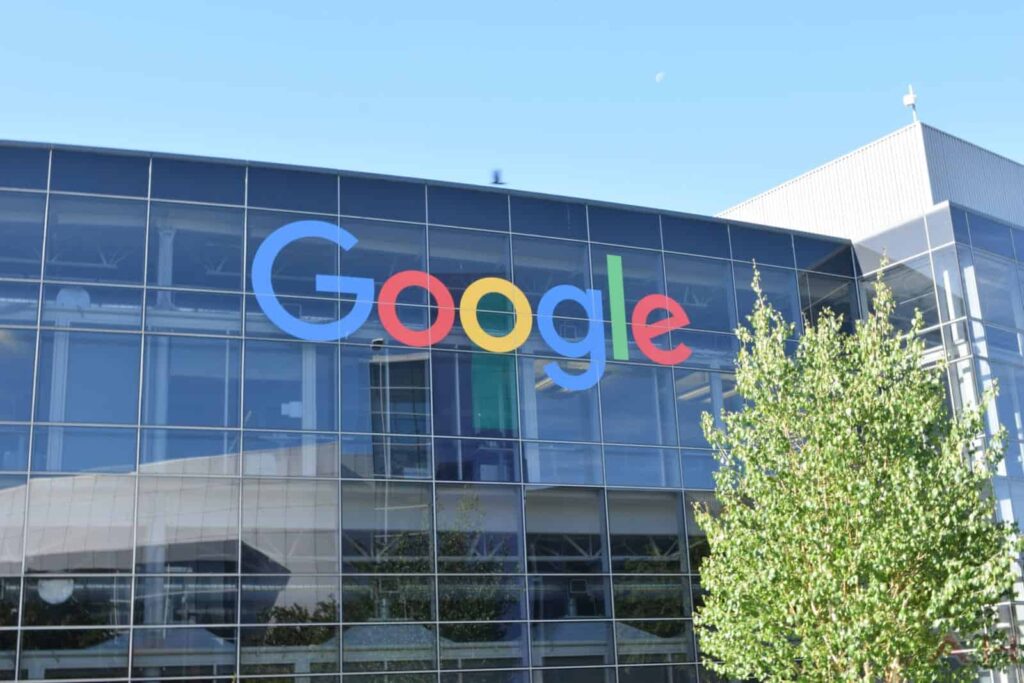Technology
Google Faces Renewed Scrutiny from the European Union
Google faces renewed scrutiny is under increasing pressure from European Union regulators, facing potential fines and demands to change its business practices.The EU plans to charge Alphabet Inc. under the Digital Markets Act (DMA) for anti-competitive practices. The case focuses on how Google showcases competitors in services like Google Flights and Google Hotels. If unaddressed, Google risks facing penalties up to 10% of its annual global revenue.
Digital Markets Act Targets Search Ecosystem
The DMA enforces strict rules for major tech platforms, placing Google’s treatment of rival products under close examination. The case raises concerns over Google’s potential favoritism towards its own services over competitors. This development represents the first significant test of the DMA’s enforcement against Google. European officials are now preparing to issue formal charges related to this matter. The outcome could set an important precedent for future regulatory actions against other tech giants.
The DMA’s enforcement challenges Google’s dominance, potentially reshaping tech platform competition regulations, according to wall street journal print edition.
Deadline Looms for Google’s Compliance
EU officials may release preliminary findings by the end of October. However, potential leadership changes at the European Commission could impact the timeline. Google has until March next year to resolve these concerns, allowing time for negotiation and adjustment. Recent internal meetings reveal Google may redesign its search features to give more direct access to competitor sites.
Google’s Response Balancing Interests
A Google spokesperson stressed the company’s commitment to balancing the interests of various websites and users. The company has not yet offered specific details on its planned adjustments. Meanwhile, the European Commission has remained tight-lipped about the ongoing case. Google’s approach to resolving these issues will be closely watched by regulators.
Previous Legal Battles Set a Precedent
This case is part of ongoing legal battles between Google and the European Commission. Last week, Google lost an appeal against a €2.4 billion fine. The fine was related to Google’s monopolistic practices within its shopping services. The company’s latest defeat reinforces the EU’s determination to regulate large tech firms. These rulings further empower the European Commission to take action against tech industry monopolies.

Apple Inc. Prepares for Major Product Launch on September 10
Apple Inc. is set to host its most significant product launch event of the year on September 10. Sources close to the matter indicate…
Margrethe Vestager’s Legacy in Tech Regulation
Margrethe Vestager, the EU’s competition chief, has led efforts to reduce the influence of large tech companies. She initiated several investigations, which resulted in more than €8 billion in fines against Google. Vestager will soon hand over her position to Spain’s Teresa Ribera. Ribera is expected to maintain the momentum, advocating for stronger accountability in the tech industry. Her leadership will likely shape the next phase of tech regulation across the European Union.
Other Tech Giants Face DMA Pressure
Google faces renewed scrutiny under the Digital Markets Act, along with Apple and Meta. Apple faces challenges over its app store policies. Meta deals with warnings about ad-free subscription models for Instagram and Facebook. The DMA has intensified the pressure on major tech firms in the EU. These companies must navigate increasingly strict regulations to maintain their operations.
A New Era of Tech Regulation
With the DMA now in full effect, tech giants like Google, Apple, and Meta are under constant pressure to adapt to European regulations. As the EU continues to scrutinize business practices, the future of how these companies operate in Europe remains uncertain. This case against Google could reshape the digital landscape.
Subscribe now to The Wall Street Journal for two years and receive both print and digital editions, with 70% off. Digital access available worldwide, print only in the U.S.

